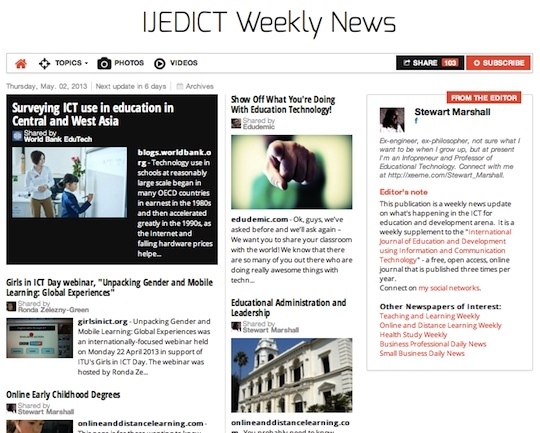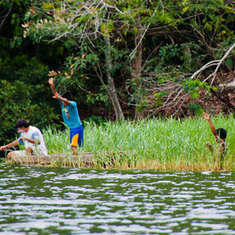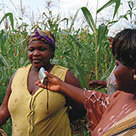
In the latest TV commercial campaign from UNICEF Sweden, the organization admits something few seem to remember in the age of social media milestones: Facebook Likes don't save lives.
In the most viral clip, which has received more than 40,000 views on YouTube, we meet a young boy named Rahim, who's sick, though he says he's not worried because of UNICEF Sweden's Facebook community.
"UNICEF Sweden has 177,000 Likes on Facebook. Maybe they will reach 200,000 by summer," he says.
His sardonic statement, as you can see in the above video, reflects many organizations' and brands' preoccupations with getting Likes. UNICEF Sweden informs viewers that Likes won't deliver life-saving vaccines to the children in need.
Read more at:
http://mashable.com/2013/05/01/unicef-facebook-likes-dont-save-lives/

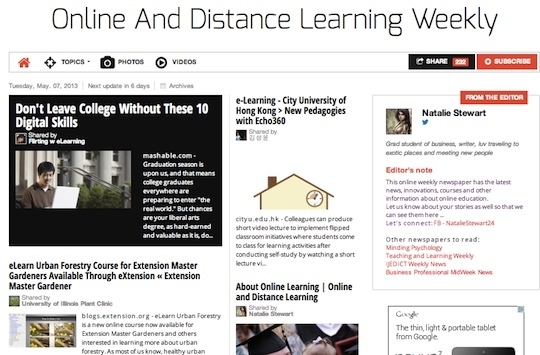
 Both campus-based and online teacher certification programs are excellent ways to qualify for a teaching career. Some people like to study with others in a classroom setting, whilst others find online learning more convenient for their lifestyle. Many programs are available, ranging from those that prepare you to teach at pre-school to those that specialise in tertiary teaching, and they're available from bachelor's to doctor's levels.
Both campus-based and online teacher certification programs are excellent ways to qualify for a teaching career. Some people like to study with others in a classroom setting, whilst others find online learning more convenient for their lifestyle. Many programs are available, ranging from those that prepare you to teach at pre-school to those that specialise in tertiary teaching, and they're available from bachelor's to doctor's levels. 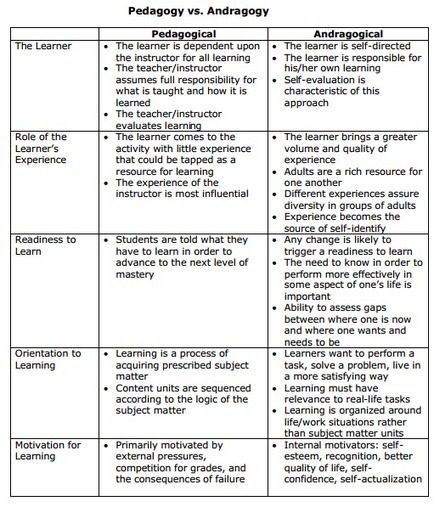

 As the name suggests, an adult education masters prepares you to work with adult learners. This might be in a college setting, in online education, military education or in corporate training. A masters degree in this field offers plenty of career options in teaching and training.
As the name suggests, an adult education masters prepares you to work with adult learners. This might be in a college setting, in online education, military education or in corporate training. A masters degree in this field offers plenty of career options in teaching and training.
